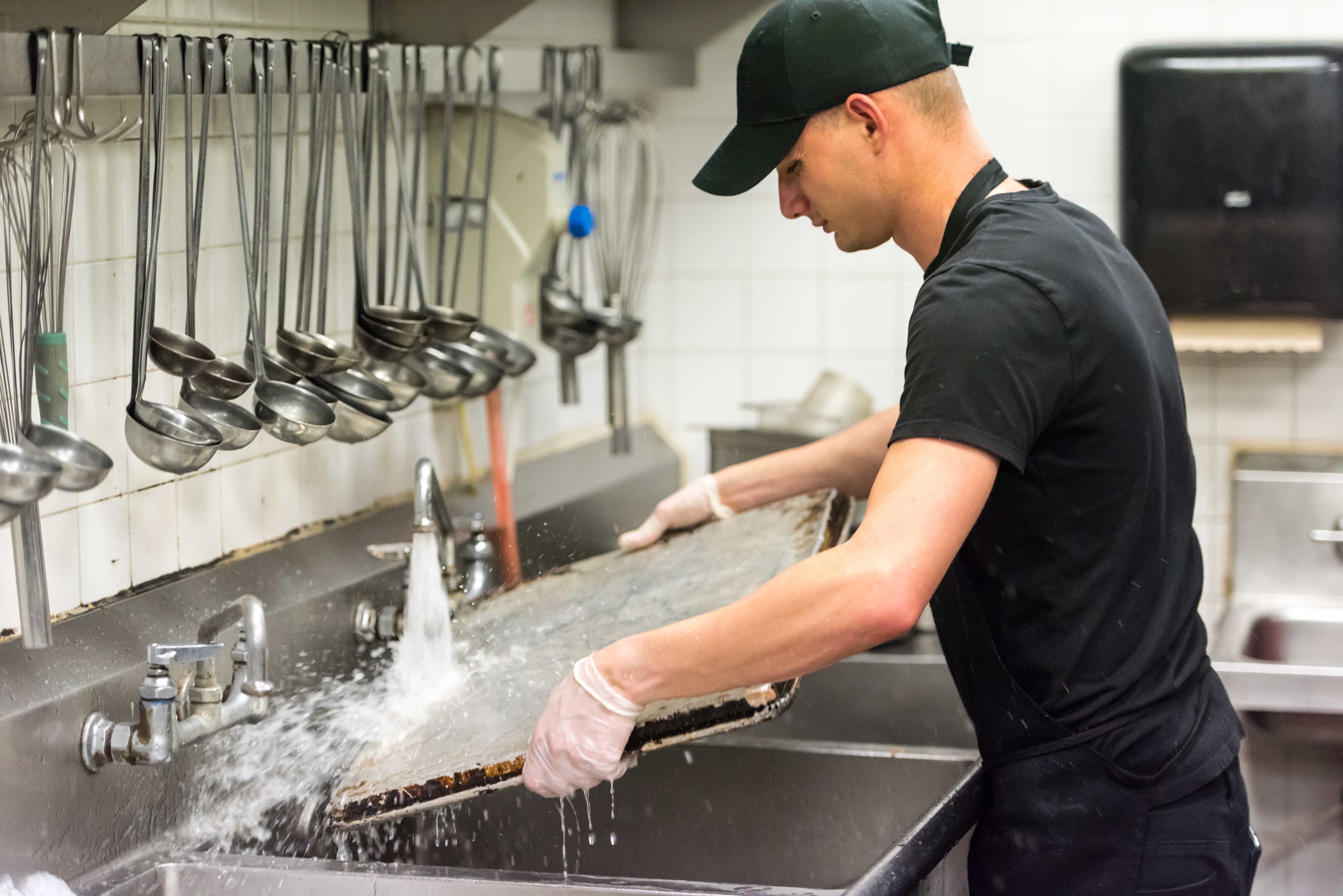Providing regulations are met, appliances do NOT have to be WRAS-certified
FEA (formerly CESA) has warned about confusion in the foodservice equipment industry concerning the regulations covering connecting appliances to the mains water supply. While it’s true that they have to meet certain regulations, it’s not true that appliances have to be WRAS-certified before they can be connected to the mains.
“It’s not uncommon for water inspectors to say, ‘if it’s not WRAS approved it cannot be connected’ – and that simply is not the case,” says Nick Oryino, chair of FEA’s technical liaison forum. “Providing the operator or supplier can show that the appliance and its connections meet the relevant regulations, then the system is legal, whether or not it is WRAS-approved.”
The various Water Fittings regulations that have to be met are The Water Supply (Water Fittings) Regulations 1999; The Water Supply (Water Fittings) (Scotland) Byelaws 2014; and The Water Supply (Water Fittings) Regulations (Northern Ireland) 2009. “Compliance with the regulations is absolutely vital,” says Oryino. “If there is a danger to public health from the installation, or a product does not meet the requirements of the Water Fittings regulations, then the responsibility lies with the site owner of the premises where the equipment is in use.”
Obviously getting third party accreditation, such as WRAS approval or NSF Reg 4 scheme certification, is a good thing in terms of demonstrating compliance. “However, sometimes the issue of WRAS approval can be exacerbated by the time the process of getting certification takes,” says Oryino. “That’s another reason why FEA has decided it’s time to clarify the facts, so that foodservice operators and equipment suppliers aren’t wasting time and effort unnecessarily.”

